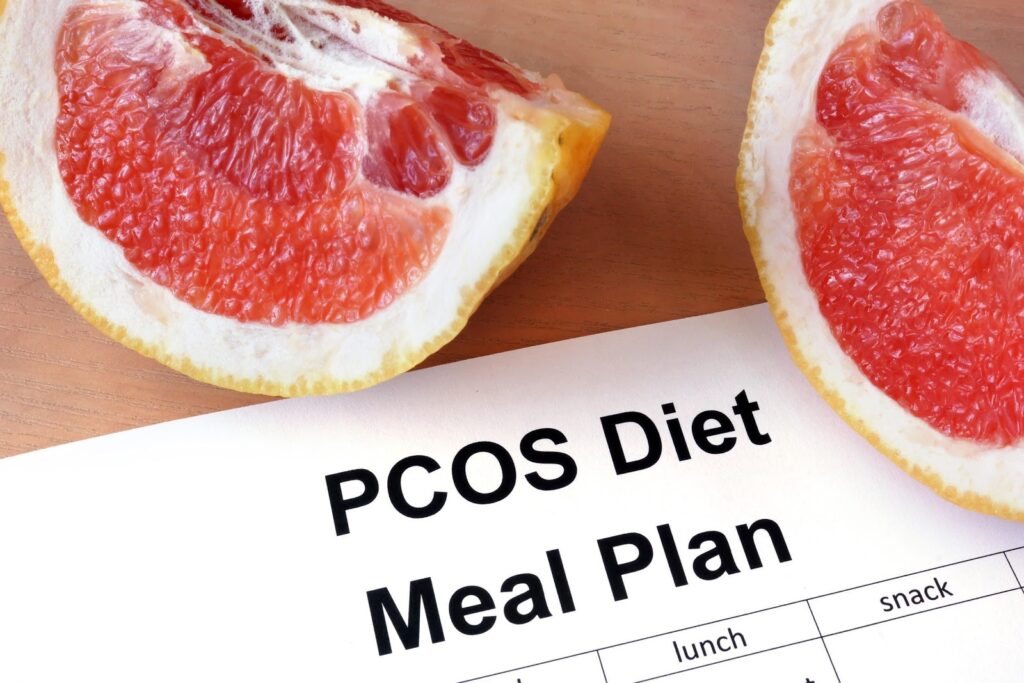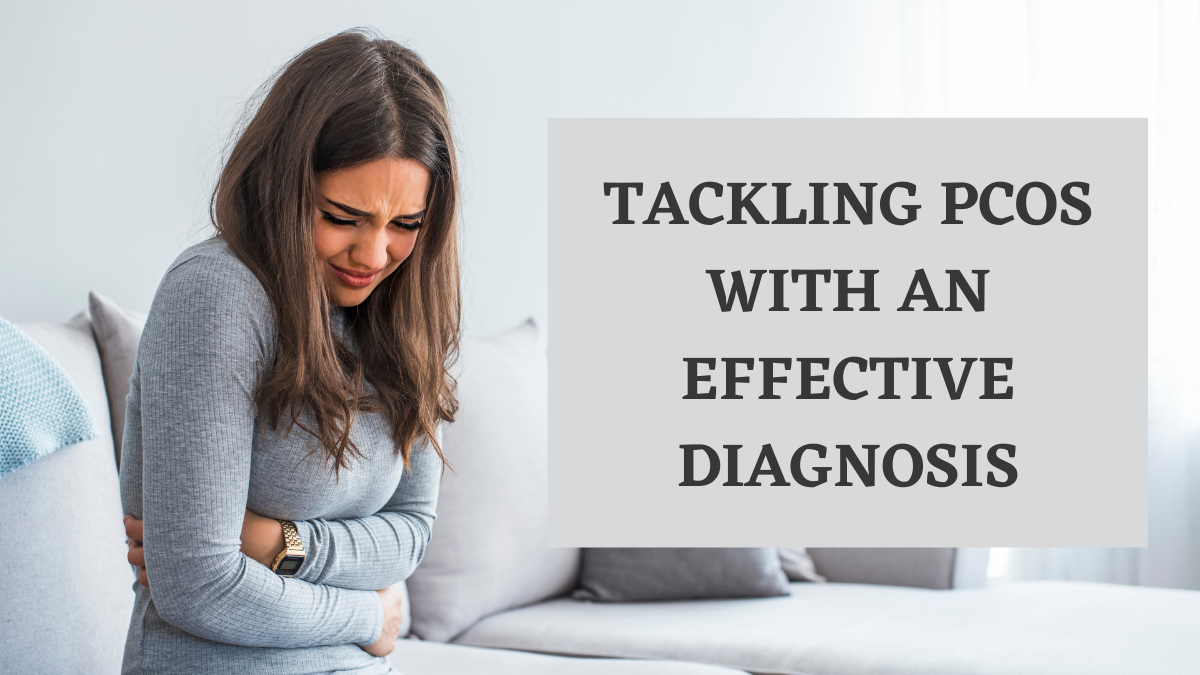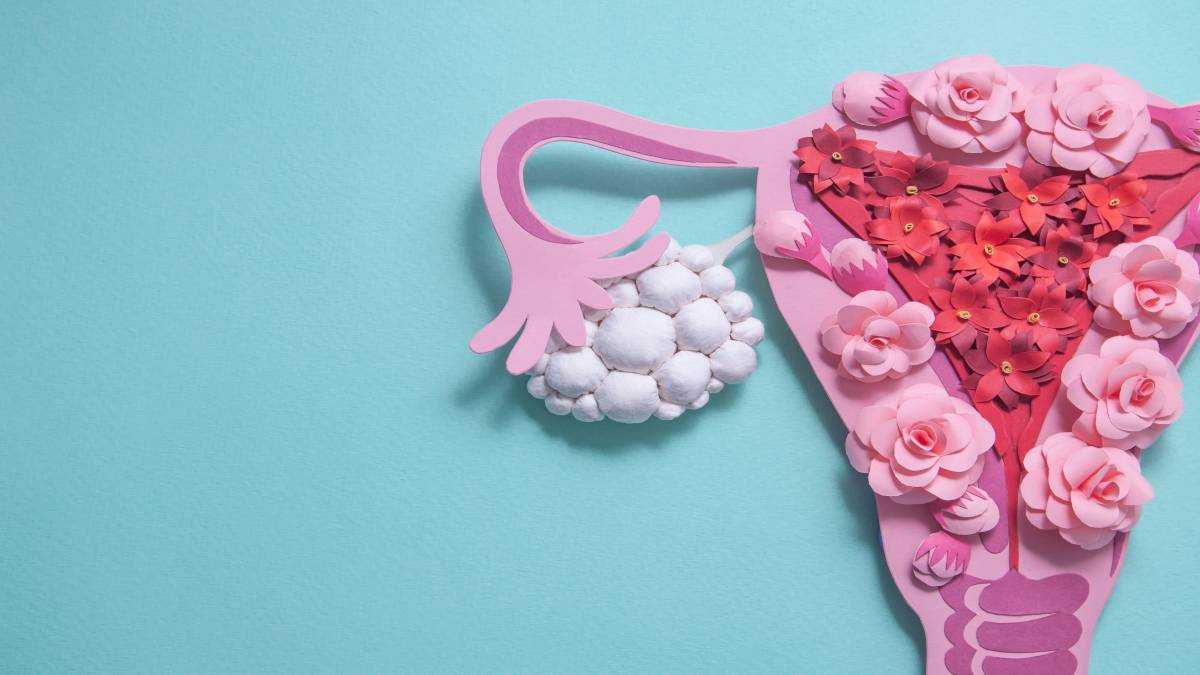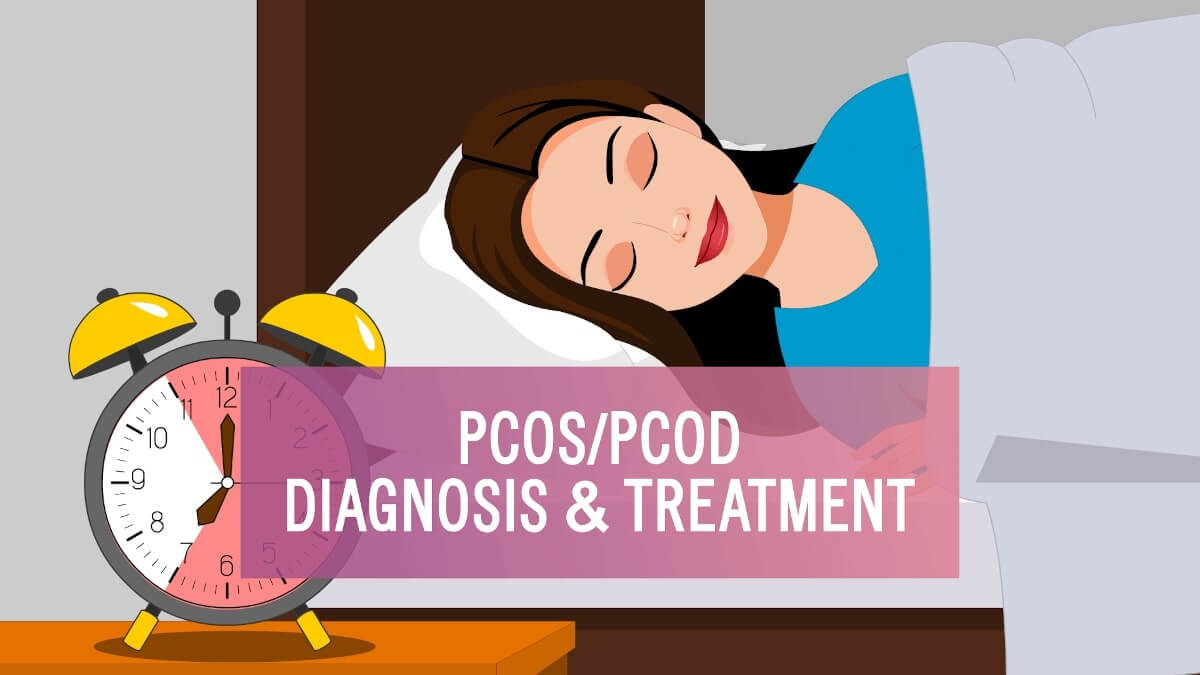PCOS/PCOD affects 15% to 20% women in their reproductive age group in India.
It can lead to several health issues like irregular periods, difficulty in conceiving, weight gain, excess hair growth on the face and body, acne, and male pattern baldness. If not managed well, it can be associated with high cholesterol leading to heart disease, high blood sugar leading to diabetes, and excessive weight gain – all of which can lead to metabolic syndrome, and if left unattended can lead to endometrial cancer at a young age.
The calculation of Body Mass Index (BMI) and its management can also help in managing PCOS. BMI can be calculated by dividing a person’s weight in kgs by the square of height in meters. For e.g.: if a woman weighs 75 kgs and her height is 1.6 meters, then the BMI is 29.3. For the Asian population, a BMI of over 23 is considered overweight and a BMI of over 25 is considered obese.
Also, it should be noted that if there is even one family member or close relative who is diabetic, then the chances of a girl with polycystic ovaries having high blood sugar are very high and 75% of such girls will likely be insulin resistant.
Depending on symptoms of PCOS and individual goals, doctors will prescribe treatment methods and course of medication. However, it is also recommended that women with this condition also manage and reduce the risk of other medical concerns by eating a healthy, balanced diet and making positive lifestyle choices.

Diet and Lifestyle
A low-calorie diet combined with moderate exercise is recommended as a lifestyle choice for women with PCOS. The majority of the women with this condition are likely to be overweight and insulin-resistant hence even a small decrease in weight can lead to positive results.
Maintaining a healthy weight can:
- Reduce insulin and androgen levels
- Restore ovulation and regularise menstrual cycle
- Increase the effectiveness of medications doctors recommend
- Help with infertility for those looking to conceive
However, it is important to also note that up to 20% of women with PCOS are lean and not overweight but will still face fertility challenges, increased androgens, and the resulting symptoms.

What constitutes a balanced diet?
In a balanced diet, carbohydrates intake is limited as low-fat, high-carbohydrate diets increase insulin levels in the body. Instead one should have complex carbohydrates, which raise the blood sugar levels more slowly. Some food items that can be included are:
- High-fiber and non-starchy vegetables, such as broccoli, cauliflower, spinach, green and red peppers, and sprouts
- Lean protein like tofu, chicken, and fish; don’t provide fiber but are a healthy dietary option.
- Anti-inflammatory foods and spices, such as turmeric, tomatoes, beans, and lentils
- Fresh fruits or juices without any added sugar, as well as vegetable smoothies
- Whole grains such as whole-wheat bread, brown rice, and oats. Check food labels in brown bread to be sure if whole wheat has been used as there are instances where manufacturers only use a colorant to make brown bread.
Foods that cause inflammation or aggravate insulin resistance should be avoided or limited significantly, such as:
- Food items that have a high glycemic index (GMI)
- Refined carbohydrates like white bread, white rice, pasta, or anything made with white flour
- All kinds of sugar and sugary snacks like cookies, candies, desserts, soda drinks, or sweetened juices
- Inflammatory foods like red meats, and snacks like fries and chips
- Starchy vegetables such as potatoes, corn, and peas
A plant-based vegetarian diet is recommended for PCOS, but for non-vegetarians, it is recommended that meat intake be limited to once or twice a week. Care should be taken to cook the meat with very little oil or fat, and it is best if steamed.
Lifestyle Choices
Apart from a balanced diet, PCOS, like many disorders, responds positively to proactive lifestyle choices.
- Exercise helps lower blood sugar levels. Increasing daily physical activity and exercise may treat or even prevent insulin resistance and help manage weight and improve ovulation.
- PCOS can also cause stress and anxiety hence stress reduction techniques like yoga and meditation can help calm the mind.
- Speaking with a therapist or other medical professional may also be beneficial.
- Regular follow-ups and consultations with a dietician or nutritionist should be maintained.
- Meal timings should be maintained, especially when on medication, or else it can confuse the body
- A diurnal sleep pattern should be followed which means sleeping at night and being active in the day. It is essential to get 8 hours of sleep every night. Disturbances in the sleep pattern can affect the secretion of hormones.
- By following a routine, if the loss of body adipose tissue is achieved (inch loss), rather than weight loss, that is also a positive outcome.
What can be done to help lean PCOS?
Lean women with PCOS should not take their condition lightly as it is important to check hyperglycemia in them and they may also have higher complication rates for other medical problems. They need to:
- Keep blood sugar stable
- Do resistance training exercises to improve insulin delivery to muscle tissues
- Follow a diet that modulates insulin secretion after meals
- Reduce stress by yoga, meditation, and proper sleep is crucial.
Conclusion
Coping with PCOS or PCOD may feel frustrating at times but taking proactive steps for better health and having a positive mindset can help manage or reduce the symptoms.
Special thanks to Dr. Satish N. Tibrewala (M.D, OB-GYN) for the expert advice.








